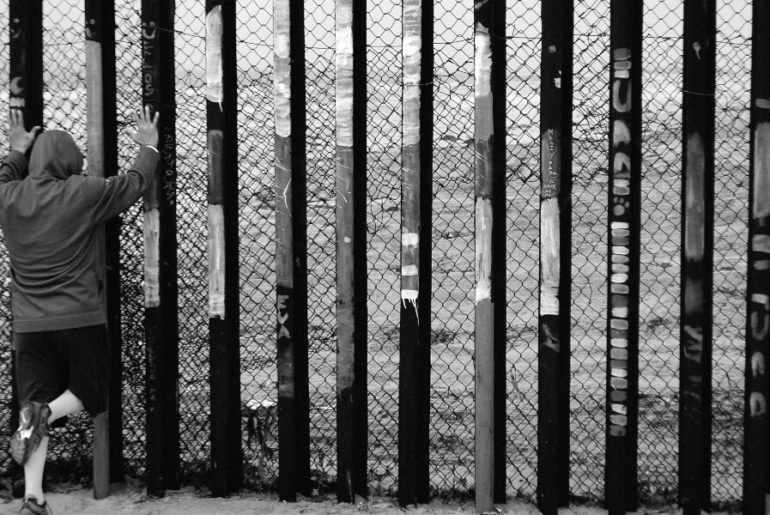As we head into 2020, the Supreme Court heard oral arguments in November centered on the 2010 killing of 15 year-old Mexican boy Sergio Adrián Hernández Güereca at the hands of U.S. Customs and Border Patrol agent Jesus Mesa Jr.
The teen was shot to death while playing with friends on the Mexican side of the U.S. – Mexico border, between El Paso and Ciudad Juarez. Nearly a decade after the teenager’s fatal shooting, Hernández Güereca’s Bivens lawsuit has found its way into the Supreme Court caseload.
After the United States District Court for the Western District of Texas dismissed criminal charges against Mesa Jr., Hernández Güereca’s family appealed Sergio’s case to the Supreme Court relying on the precedent set by Bivens v. Six Unknown Named Agents, that found a person may sue the federal government for monetary damages for violations of Constitutional rights. In the Hernández Güereca’s case, Sergio’s family is seeking monetary compensation for damages caused by Mesa Jr.’s alleged violation of Sergio’s Fourth and Fifth Amendment rights.
The Supreme Court remains split over whether a foreigner killed on foreign soil by a federal agent on American soil can receive protections via a Bivens claim.
But Mesa Jr.’s defense adamantly disagrees, noting that because Sergio was a Mexican citizen who was killed on Mexican soil, the existence of constitutional rights protecting him are not clear.
During Fiscal Year 2018 (FY18), CBP use of force statistics reflects that there were a total of 913 incidents that required CBP use of force. Of these incidents, 15 involved firearms and 898 incidents involved CBP officers using batons, electronic control weapons, PepperBalls, and other less lethal devices, according to CBP statistics.
Justice Ruth Bader Ginsburg and Justice Sonia Sotomayor have been vocal about their concern over the CBP officer’s conduct and alleged excessive force, “but the law of the United States, the law is directed to an actor,” Justice Ginsburg said. In this case, the actor is the Border Patrol member, “and the instruction from the United States is very clear: Do not shoot to kill an unarmed, nondangerous person who is no threat to your safety. Do not shoot to kill. That’s U.S. law,” Ginsburg explained.
Randolph Ortega, the lawyer for CBP officer Mesa Jr.’s, claims that filing suits against CBP agents could create a “chilling effect” on CBP operations. Justice Sotomayor disagreed, noting that there’s nothing chilling about telling an agent “don’t shoot indiscriminately at children standing a few feet from the border.”

